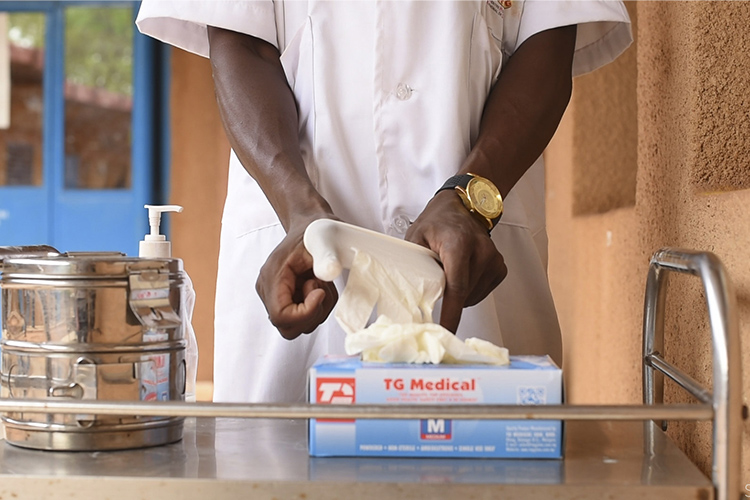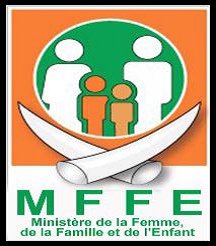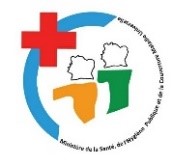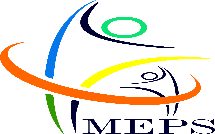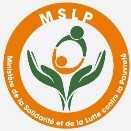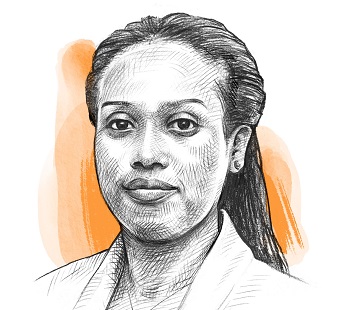PAAPRUC – Project to Support the Public Authorities for the Emergency Response to the Covid-19 Epidemic in Côte d’Ivoire
Objective
-
€0.5mBUDGET
-
01/03/2021PROJECT START
-
12 monthsDURATION
With GDP growth estimated at 6.9% in 2019, Côte d'Ivoire is one of the best performing economies in Sub-Saharan Africa. Like most countries, in March 2020, the Ivorian Government took health, social and economic measures to stop the spread of the Covid-19 epidemic. Most of these measures have since been withdrawn and/or relaxed. But these measures have had major socioeconomic effects for the country’s development. Many households have also suffered a drop in income and have had great difficulty covering their basic expenses. Furthermore, the protective measures (barrier gestures, tests, vaccination) generate additional healthcare waste. It is essential to take public health into account in the management of this crisis.
In March 2021, a consultation mission came up with three findings:
1) The management of the effects of the Covid-19 pandemic is indicative of structural problems in the social and health fields.
2) There is a mismatch between the development strategies prepared and the operational implementation of these strategies which has barely begun.
3) This crisis is an opportunity to stimulate the development and strengthening of the national social and health protection system.
PAAPRUC: Strengthening Social and Health Protection Systems
The project to support the public authorities aims to assist the Government of Côte d’Ivoire with its social and health response to the Covid-19 epidemic.
It follows on from joint work with the Ivorian sectoral ministries which defined the technical assistance activities to support the initiatives of the Government and technical and financial partners to strengthen the social and health protection systems.
The objective is to address the structural and systemic problems highlighted by the social and health crisis related to the Covid-19 epidemic: social protection not adaptive for coping with shocks, the organisation of social action in social centres, social protection coverage in the cocoa sector and healthcare waste management.
Special attention is paid to gender issues. The analyses and recommendations made cover both the issues that need to be addressed and the gender issue. The methodological tools and outputs submitted by the experts take these issues into account.
More specifically, the project is based on two components:
• The first focuses on the social protection issues
• The second focuses on the health and healthcare waste management issues.
Improving the social protection system
The project’s social component aims to promote a social protection system more adaptive to shocks, more effective social action and the guarantee of a decent job in the cocoa sector. This component is based on three activities.
Increase the capacity of the national social protection system to be adaptive to shocks
The Government of Côte d’Ivoire has deployed tremendous resources in response to the social and economic crisis related to the Covid-19 pandemic. However, the mechanisms have been developed on an ad hoc basis, which is indicative of the fragmentation of the mechanisms when it comes to responding to shocks and the lack of common social transfer instruments. Following an analysis of the mechanisms to respond to shocks and their integration into the social protection system, practical proposals are prepared, taking gender into account, to develop an operational framework and common instruments to respond to shocks, aligned with the social protection system. A roadmap outlining the operational framework and the instruments and tools to be used determines the eligibility of the target population, the arrangements, and the type of allocation for each main type of potential shock, whatever the scale.
Strengthen the capacity of social centres to effectively implement social action
Social centres are the backbone of social action. They are increasingly called on to develop activities that go beyond the initial scope of their action, which requires strengthening their organisational functioning. A diagnostic of the functioning of four social centres will be carried out in order to develop an operational handbook. This toolkit for common use will promote a harmonisation of practices by formalising them. The objective is to limit/reduce disparities in the handling of social situations.
Conduct a diagnostic of the coverage of workers in the cocoa sector by social protection systems
Côte d’Ivoire is the world’s largest cocoa producer. This production accounts for 15% of gross domestic product (GDP) and over 50% of the country’s exports. It is estimated that almost half of cocoa producers are in vulnerable situations and that 54.9% of Ivorian cocoa producers and their families live below the poverty line. In addition, the cocoa sector in Côte d’Ivoire is faced with major social and environmental challenges.
The project will conduct a diagnostic of the coverage which workers in the cocoa sector benefit from with the various social protection systems: formal or informal, public or private, local and specific to the cocoa sector or deployed nationwide. This study will make recommendations to ensure there is an “adequate” social protection for workers and their families in relation to the notion of the social protection floor of the International Labour Organization (ILO).
Optimising healthcare waste management
The objective of the project’s health component is to assist the Ivorian national authorities with the management of healthcare and potentially infectious waste, which has increased due to Covid-19. This will contribute to national and international health security by preventing the risk of the spread of diseases. The management of healthcare waste should also help improve the quality of healthcare provision by contributing to the security of patients and caregivers. In the medium and long term, it helps improve human and animal health and protect the environment, in a virtuous continuum between health and the environment. This component is based on two activities.
Validate the preliminary draft of Côte d’Ivoire’s public hygiene and health code
The public hygiene and health code is a major policy document to support the current institutional framework for healthcare waste management. Preparatory work with the stakeholders is underway and a workshop should validate the preliminary draft of the Republic of Côte d’Ivoire’s public hygiene and health code.
Train institutional, health and biomedical staff in healthcare waste management
The training of institutional, health and biomedical staff will contribute to infection prevention and control (IPC). This activity will accompany the provision of four waste shredders (system to disinfect and shred waste from potentially infectious care activities) by the delegation of the European Union by training staff in waste management in the healthcare environment. The training modules will be dispensed to key people identified on four sites benefiting from waste shredders (Bouaké University Hospital, Department of Infectious and Tropical Diseases (DITD) of Treichville University Hospital, Anyama General Hospital, Bondoukou University Hospital).


